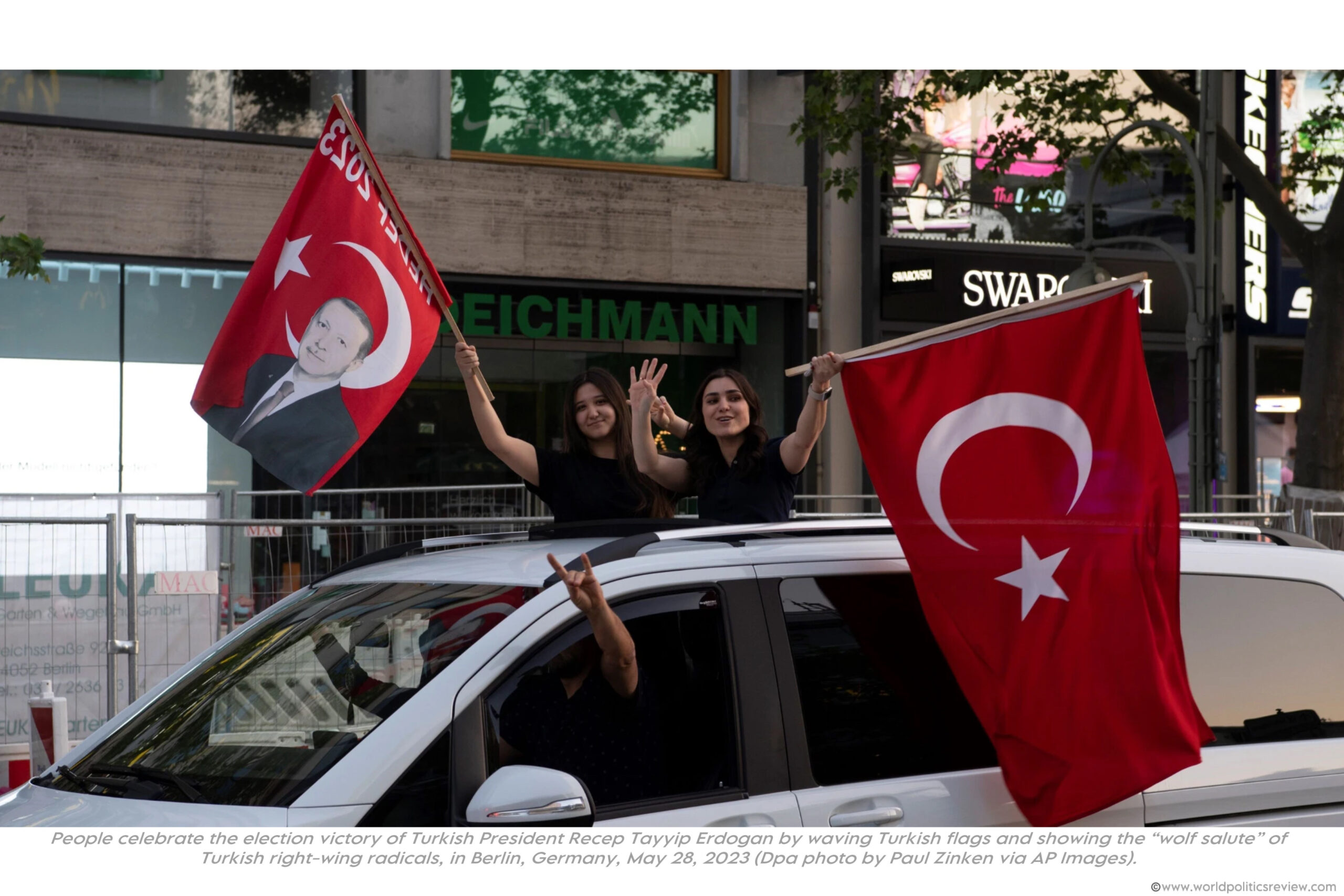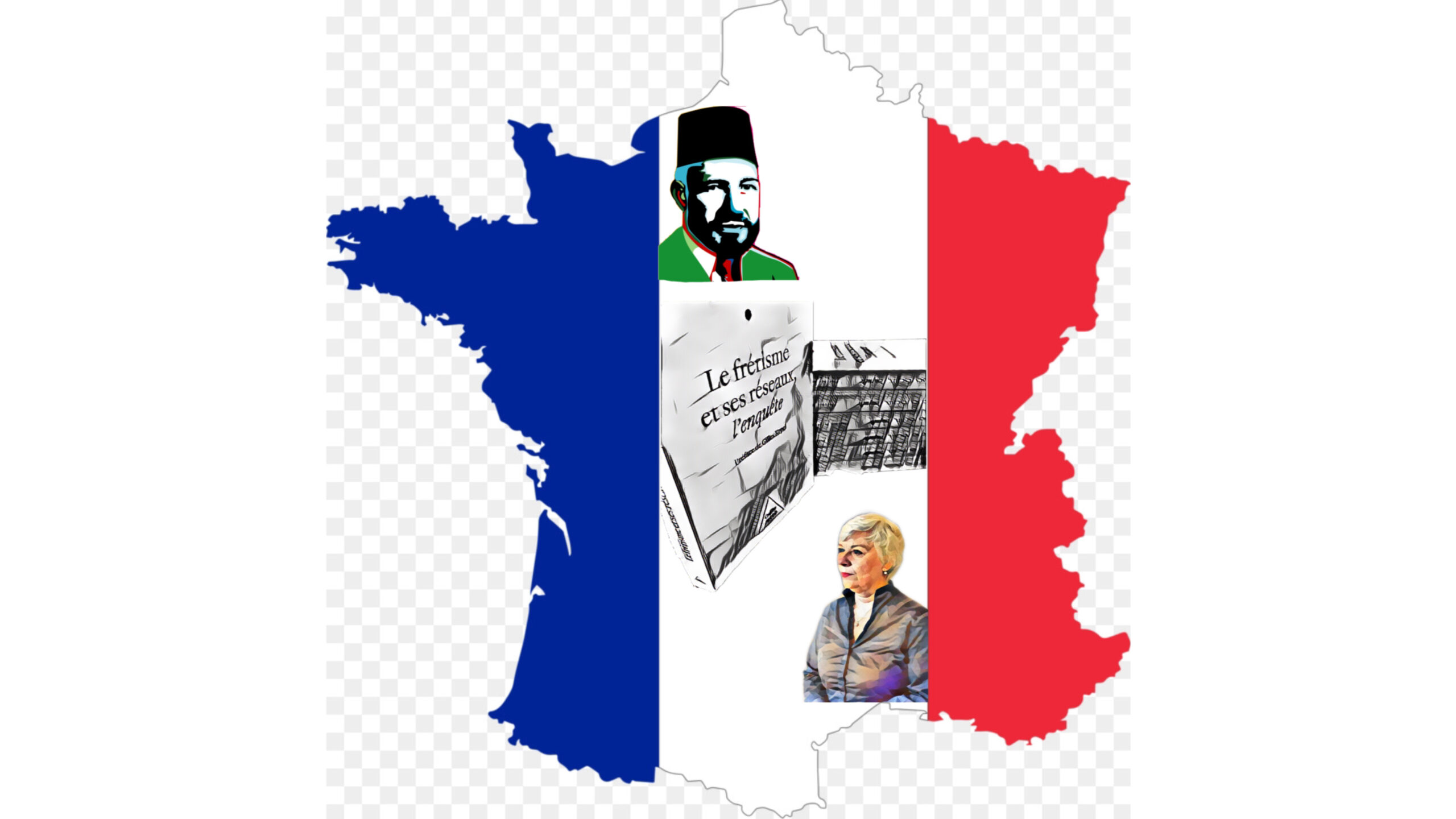Friday 2nd of October, French President Emmanuel Macron gave a two hours speech to announce a new bill to “ fight separatism” that will be submitted to the National Assembly on the 9th of December. Explicitly mentioning the rise of “political Islam”, he notably denounced the risk of “ a counter society ” and enumerated the rise of home schooling , of “communitarian ” sport and cultural activities as indicators of the spread of “Anti-Republican principles ”[1]. His original purpose of fighting separatisms ( plural) has been replaced by the fight against “Islamic separatism”[2]. The President also recognised the state responsibility in creating the current situation as he conceded that the past policies failed to create social diversity in some “disinherited neighbourhoods”. Macron then went on to present measures to counter the rise of “Islamic separatism” through a “republican awakening” in order to shape an “Enlightened Islam” (un islam des lumières).
Macron’ speech and main announcements: education, religious neutrality and associative control
Macron declared that “Islam is a religion that is in crisis”[3]. To overcome the crisis, he proposed targeted action in three domains: education, religious neutrality and religious organizations . Firstly, public school will be mandatory for three years old children to avoid education at home except for health reasons. According to Macron, 50 000 children are home schooled and hence escape state control. He also proposed to reinforce state regulation of private schools, and mentions that each month local authorities are closing private schools that do not respect the republican principles, particularly when they are “ruled by religious extremists”[4].
The second key domain concerns laïcité . The 1905 “law of separation of churches and State” states the neutrality of public and national services and workers. The new bill will extend such neutrality to private companies when they work in partnership with the state or when the state delegates public services to them.
Thirdly, the future legislation plans a “chart of secularism” for associations, since Ngos are considered too favourable to those who promote non-republican values. Reasons for forced closure of an association will be more drastic like for instance, the exercise of “political activities”, without giving a clear definition of such activity. Macron also reinstated his aspiration to homogenize the Muslim organizations status. At the moment, there are two main statutes for Ngos in France: the law of 1901 regarding the right of association (the “cultural” one), and the law of 1905 which specifically regulates the religious organizations .
The new bill also aims at regulating financial flows from foreign countries, but also illustrates the strong interference of French government in the definition and delineation of a “legitimate Islam”. In the same vein, the control and training of imams, through the creation of a chart or “label” has been detailed by the President. Such task should be delegated tto the French Council of Muslim Faith (CFCM), a representative body created by the French state. Finally, the creation of an academic council of Islamic studies has been announced to encourage research on the topic.
Political reactions so far
A few days after the presidential speech, the Minister of the Interior, Gerald Darmanin, who plays a crucial role in this legislative procedure, gave more information on the project. Indeed, a semantic debate is ongoing and the bill might change name and the word “separatism” removed. The new title could be « Bill to Strengthen Laicite and the republican principles »[5] (projet de loi renforçant la laïcité et les principes républicains). The Minister of the Interior has justified the new phrasing as follows : “ the idea is indeed to fight against the main separatism which is radical Islam ” (…) but “ this is not the only purpose of the text ”[6]. However, separatism has often been considered as a euphemism to talk about Islam without naming it. Separatism, a “novlangue” concept from Macron, has also been used to avoid the term “communitarianism” (which is strongly connoted in French) but for politicians of the majority, separatism is difficult to understand and leads to confusion.
Although the historical political distinction between right and left is not sufficient anymore to describe positions towards Islam, right-wing politicians have for the most part positively reacted to Macron’s project including the extreme right leader Marine Le Pen[7], while left-wing parties have raised objections or have strongly condemned . As an illustration, the presidential majority has been accused by the leftist party, France Insoumise, of focusing on Islam and of “ saturating the political debate ”[8] to avoid other (more) significant problems such has unemployment and the health crisis.
Outcry and indignation of Muslim leaders
Most of the Muslim leaders and organizations have condemned the bill for its stigmatization of Islam and Muslims, through multiple online declarations and petitions. For instance, almost 50 mosques of the Paris’ area published an open letter to the President i to denounce “the deleterious escalation ” (against French Muslims)[9]. The online platform Les Musulmans deployed an original strategy as they initiated a campaign on social media to illustrate what the “real separatism” is[10]. Highlighting the importance of socio-economical factors, the campaign aims to show the governmental responsibility and the withdrawal of the state in some urban territories (the same places which are designated by the government as devoted to political Islam).
In some ways, the government strategy is an example of “dividing for better controlling”. With this law, the French state will increase its interference on (or forces) Muslim associations to conform to state interests. Those who refuse will not receive public support and will be marginalized. The coming months will show if and how the bill will be adopted by the Parliament.
Sources
https://lesmusulmans.fr/articles/communique-separatisme/






